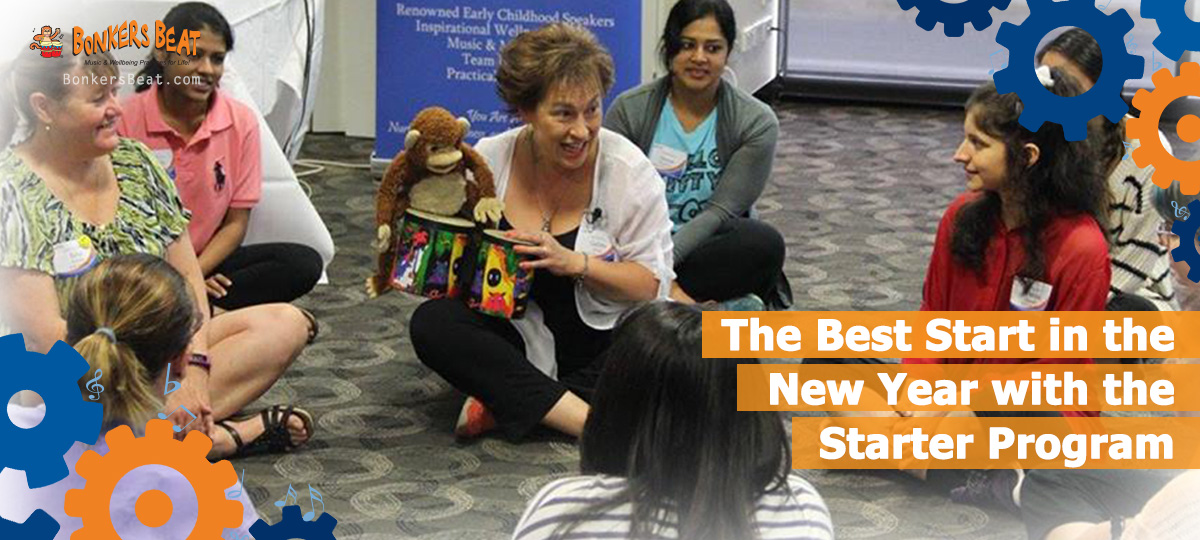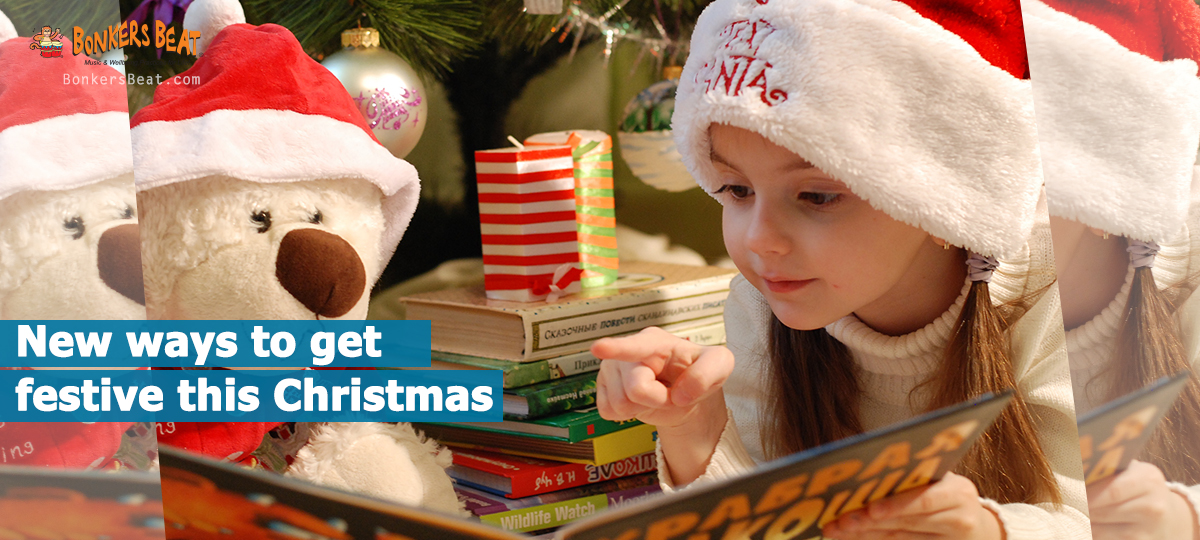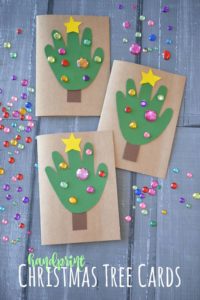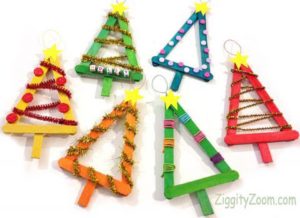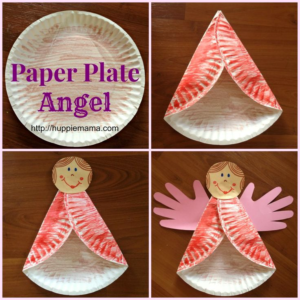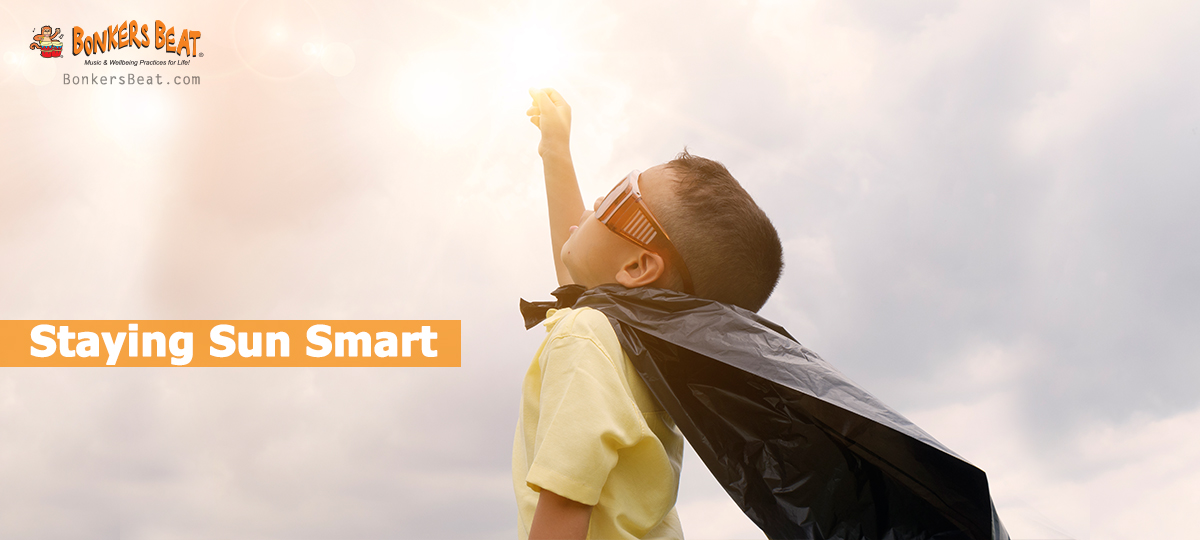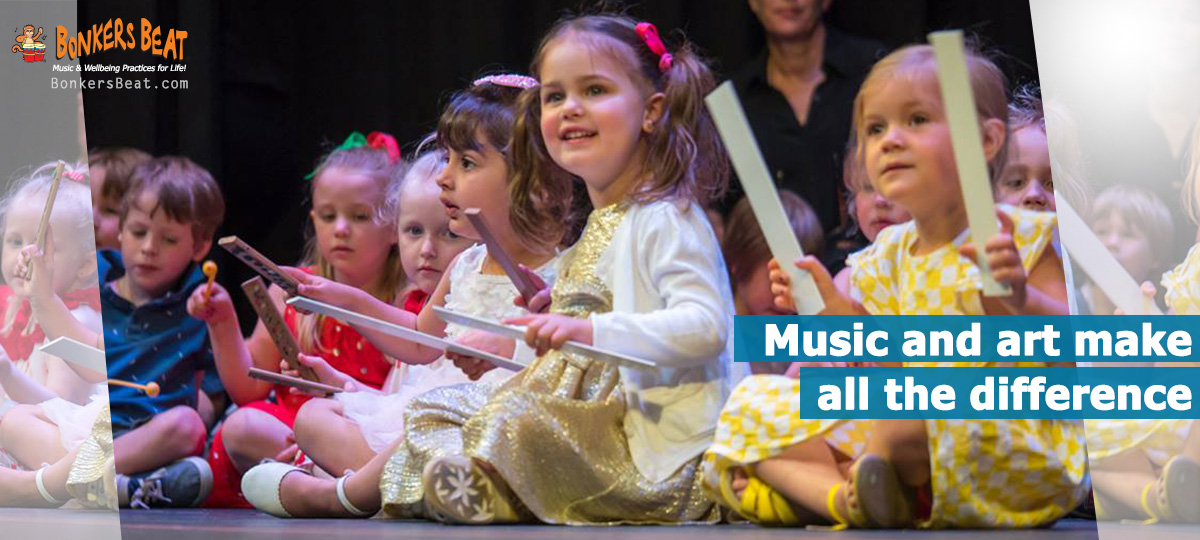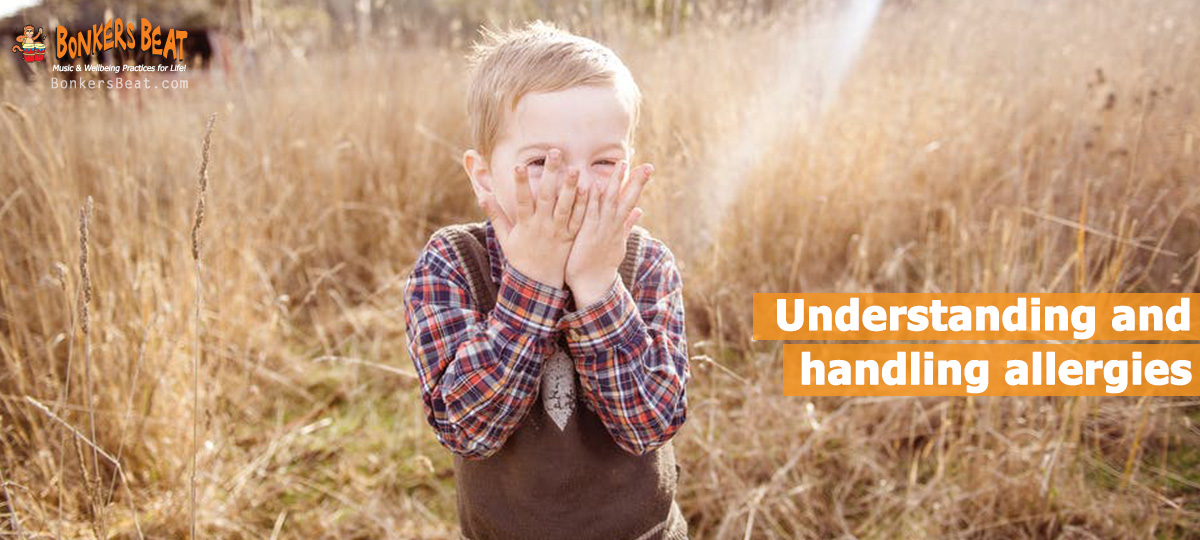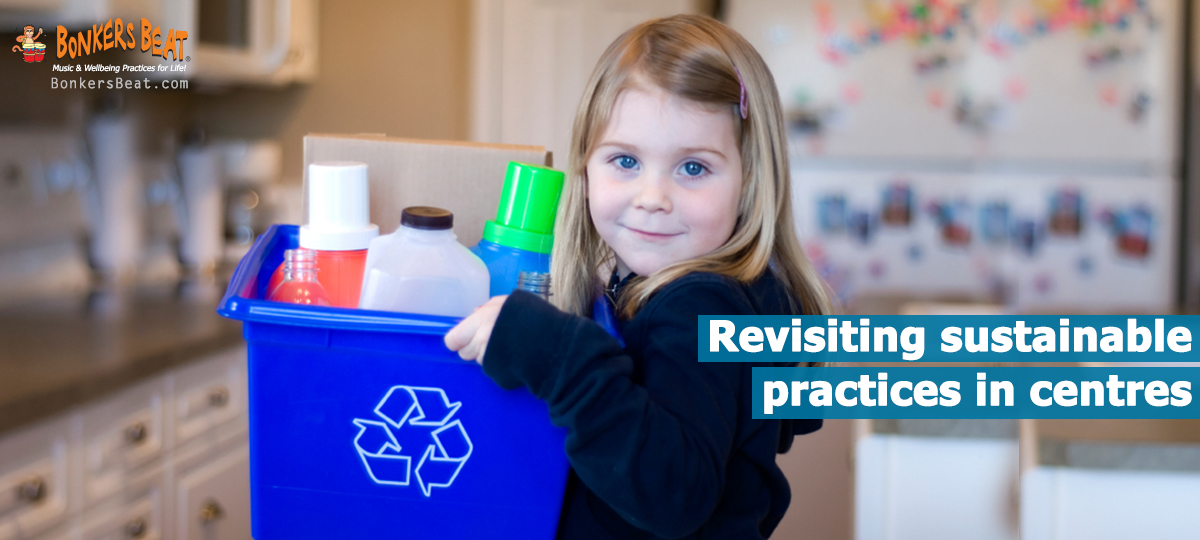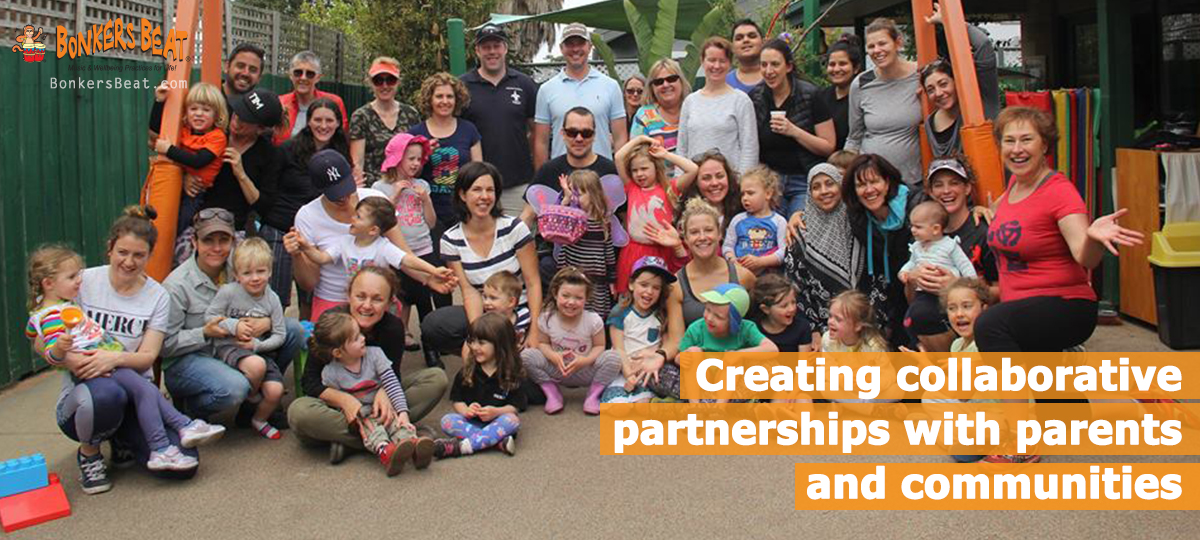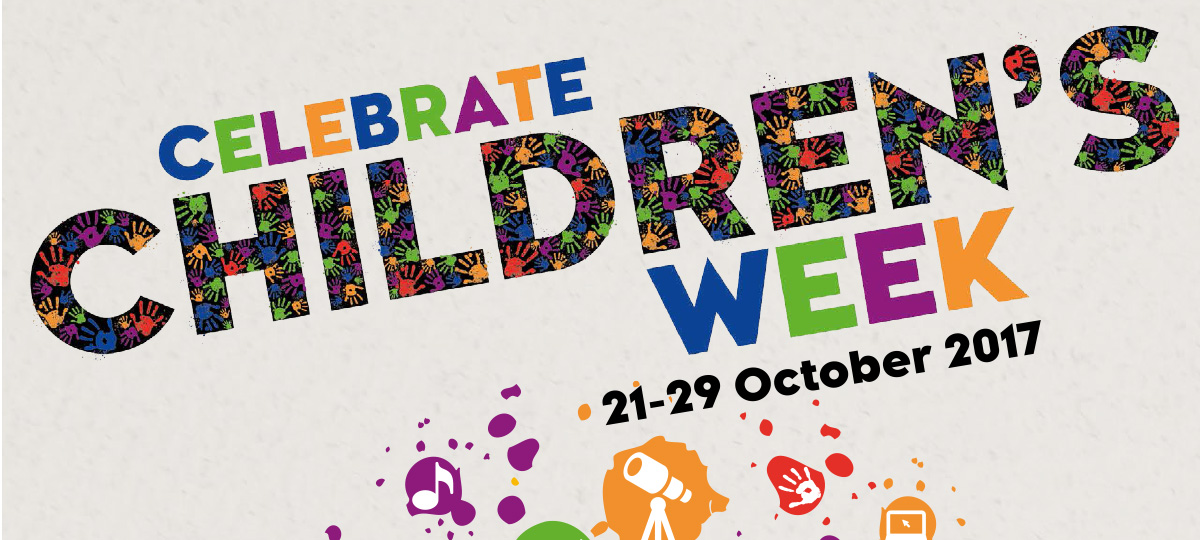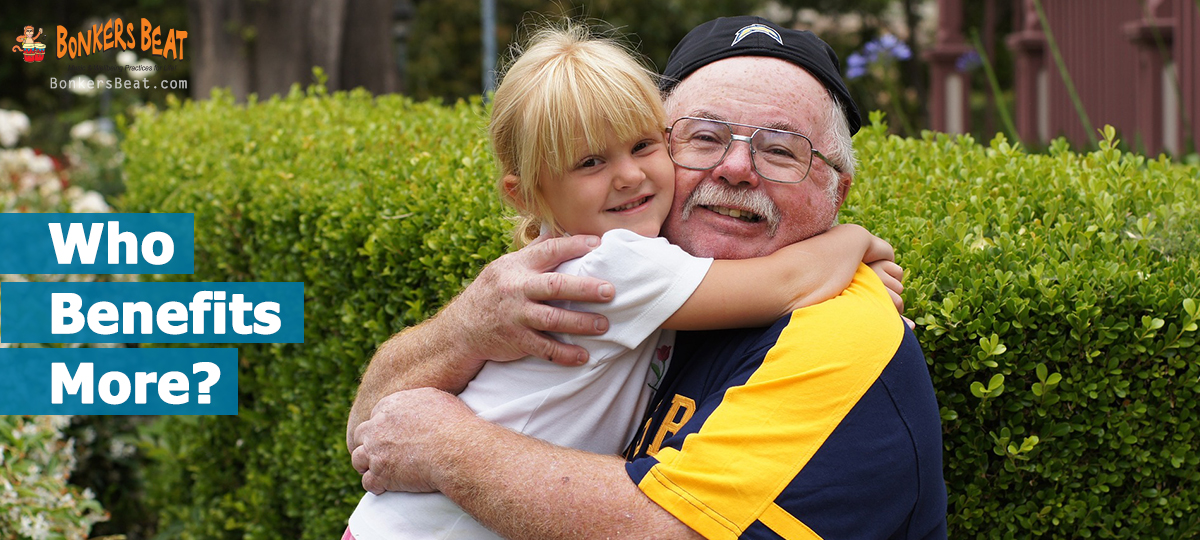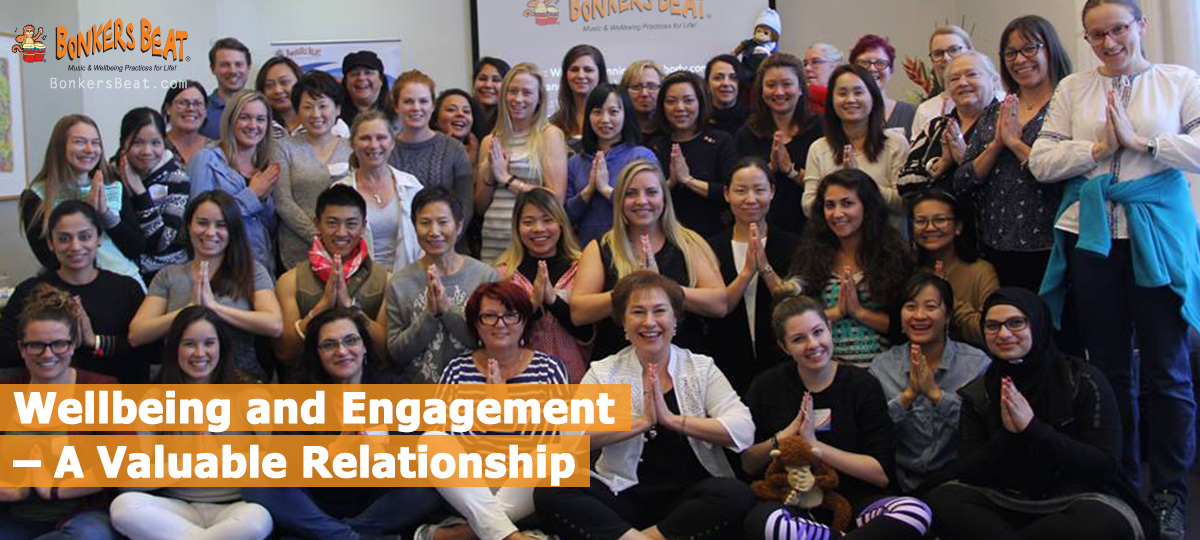Do you want to start the year off right? If you’re looking for a cost-effective and practical way to get your centre on track to shine in 2018, this is it.
The Bonkers Beat Starter Program is the way forward, enabling you to complete 5 modules of training for a leading holistic early childhood education program. All from the comfort of your centre or home.
Whether you’re a centre owner or director, you’re running a family day care, or you work in occasional care, the Bonkers Beat Starter Program will empower you to run an exciting, comprehensive quality music program that will enhance your curriculum.
5 weeks to transform your approach
Throughout the 5 modules across 5 weeks, educators will learn:
- Musical Experiences to enhance your curriculum
- Transitional songs during daily routines
- Art Experiences to Make Learning Visible
- Rhymes & Musical Games to Support Children’s Social and Emotional Skills
- Effective Documentation to Reflect on Children’s Progress
The Bonkers Beat Starter Program is based on the award-winning Bonkers Beat Music and Wellbeing programs. The approaches used in this early childhood education program have been proven over the course of a decade and are used ongoing by many centres across Australia and the world.
This training will help you to motivate educators, boost your business, strengthen your team, but most importantly, enhance children’s brain development and their multiple intelligences.
What other educators say
Here’s an example of the way you could be feeling in your centre in 2018!
Bonkers Beat Makes Children More Focused and Happy
“Since we started the Bonkers Beat program, our children are happier, more settled, and started to love music. The program helps us to develop our room routines. Our children are now more focused, active and happy. We have a new program that we are proud of and excited to share it with our parents.”
– Marwa Zeyada, Billy Bear Preschool and Long Day Care Centre
Children Enjoyed Singing, Dancing and Playing!
“Throughout the whole year children have been captivated by the Bonkers Beat Music Program. They greatly enjoyed singing the songs, dancing and playing all sorts of instruments. I would highly recommend this music program for any family day care, kindergarten or school.”
– Tatiana Petrove, Family Day Care Provider (Bayside City Council)
Starter Program for the best start!
To make your Christmas super special, we’d love to give you a 50% discount so you can access the program online at half of its price. A New Year’s resolution to make 2018 your best year ever begins with the Bonkers Beat Starter Program.
Let’s make a mark in 2018!

